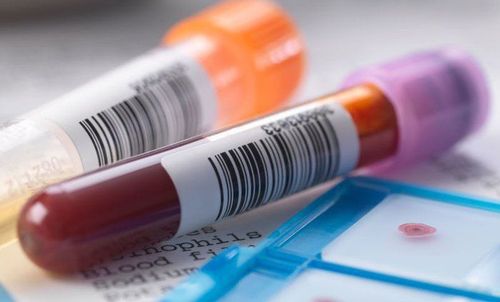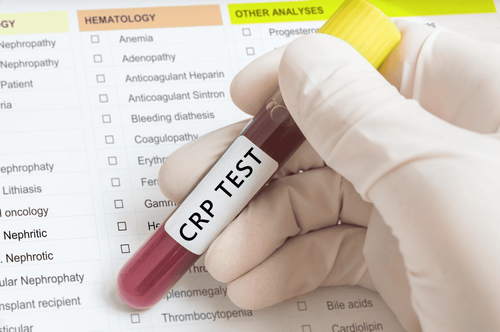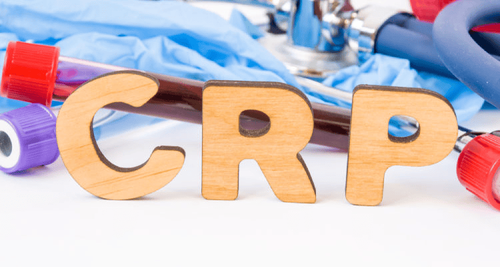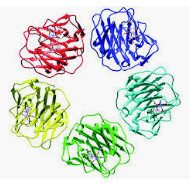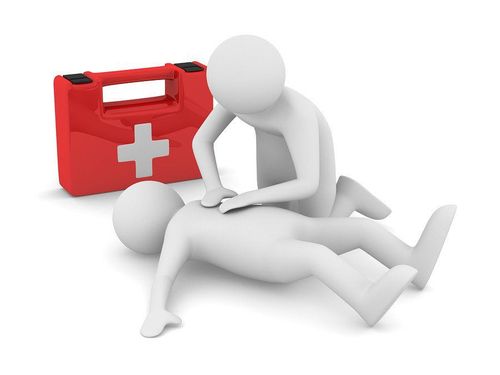This is an automatically translated article.
Posted by Doctor Tran Thi Huyen Trang - Laboratory Department - Vinmec Times City International General HospitalInflammation is the body's response to and defense against injury. Quantitative CRP test in the blood, which characterizes the level and inflammation of the patient, helps doctors monitor, evaluate and provide appropriate treatment for the patient.
1. What is a CRP test?
C-reactive protein (CRP) is a liver-produced glycoprotein characterized by precipitation with pneumococcal C-polysaccharide. This protein is not normally produced. In the presence of acute inflammation, body tissue is destroyed causing the release of interleukins 1 and 6 that stimulate the production of this protein and cause a rapid increase in serum CRP levels (hence this protein also known as reactive protein). of the acute phase). Once the acute inflammation is over, CRP rapidly disappears. Therefore, CRP is considered as a marker reflecting the activation of the systemic inflammatory response. C-reactive protein is nonspecific and its levels are elevated in all inflammatory conditions.Normally CRP will increase within 6 hours of inflammation so doctors can identify inflammation early and provide timely treatment.
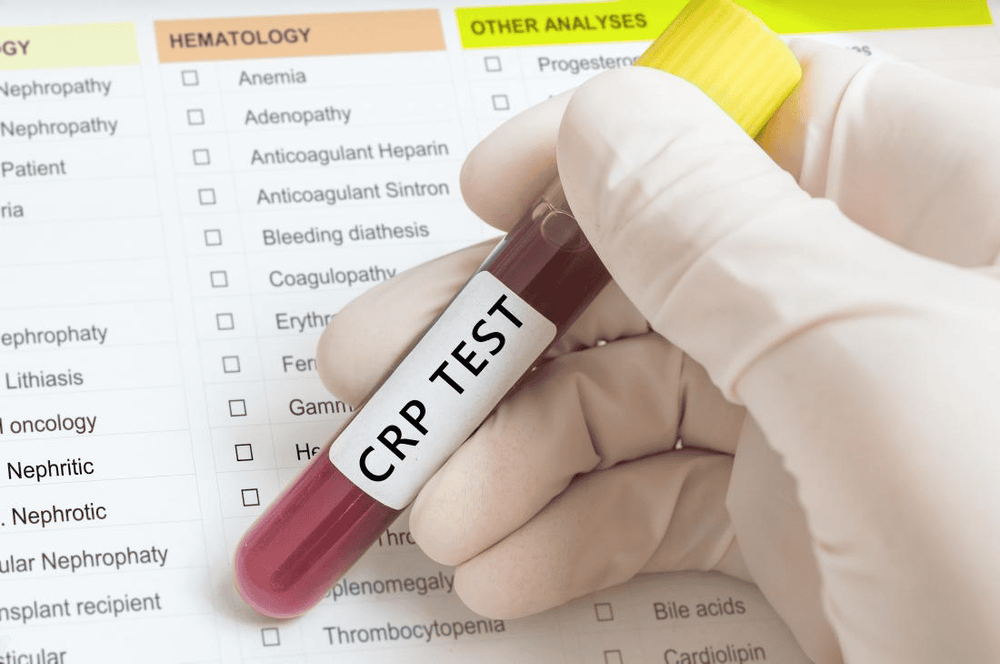
Xét nghiệm CRP phản ánh mức độ và tình trạng viêm của bệnh nhân
2. How are CRPs and CRPhs different?
There are 2 types of C-Reactive Protein tests:
Standard C-Reactive Proteins (Standard CRP): Used to evaluate advanced inflammation. High-sensitivity CRP [hs-CRP]: This is considered a marker of low-grade vascular inflammation. The conventional CRP test measures a wide range, so it is often used to check for early inflammation and infection. However, it is less sensitive at low range, CRP-hs test can detect protein at lower concentration (due to more sensitive), which makes it more effective than conventional CRP test method in diagnosis. predict the risk of cardiovascular disease in a healthy person.
3. Indications to perform CRP and CRP-hs . tests
CRP is indicated to evaluate the extent and progression of the inflammatory response:
- Check for postoperative infection: CRP levels usually increase about 2 - 6 hours after surgery and will decrease on the day 3 after surgery. If elevated CRP levels persist for more than 3 days after surgery, a new infection may have developed.
- Identify and detect bacterial infections and inflammatory diseases such as lymphoma, diseases of the immune system (lupus), intestinal inflammation and bleeding, rheumatoid arthritis, bone infections ( osteomyelitis ), pelvic inflammatory disease...
- Assess response to treatment, especially cancer treatment or infection treatment. CRP levels will rise rapidly and fall back to normal rapidly if the patient responds well to treatment.
CRP-hs indicated for cardiovascular risk assessment

Xét nghiệm CRP-hs được chỉ định để đánh giá nguy cơ mắc các bệnh tim mạch
4. Normal values for CRP and CRP-hs
CRP to assess inflammation has a normal value < 5 mg/L. CRP will increase if the patient has an infection. If the CRP is high and down, it means the inflammation is reduced, the patient is progressing in a good direction.
CRP-hs to assess cardiovascular disease risk has a normal value < 0.3 mg/dL
Low cardiovascular risk: CRP less than 1 mg/l Moderate cardiovascular risk: CRP 1 - 3 mg/ l High cardiovascular risk: CRP > 3mg/l People with a higher CRP-hs have a higher risk of cardiovascular disease, and those with a lower value have a lower risk. Patients with high-normal CRP-hs results were 1.5 to 4 times more likely to have a heart attack than those with CRP-hs in the lower end of the normal range.
To protect cardiovascular health in general and detect early signs of cardiovascular disease, customers can sign up for Cardiovascular Screening Package - Basic Cardiovascular Examination of Vinmec International General Hospital. The examination package helps to detect cardiovascular problems at the earliest through tests and modern imaging methods. The package is for all ages, genders and is especially essential for people with risk factors for cardiovascular disease.
Please dial HOTLINE for more information or register for an appointment HERE. Download MyVinmec app to make appointments faster and to manage your bookings easily.




